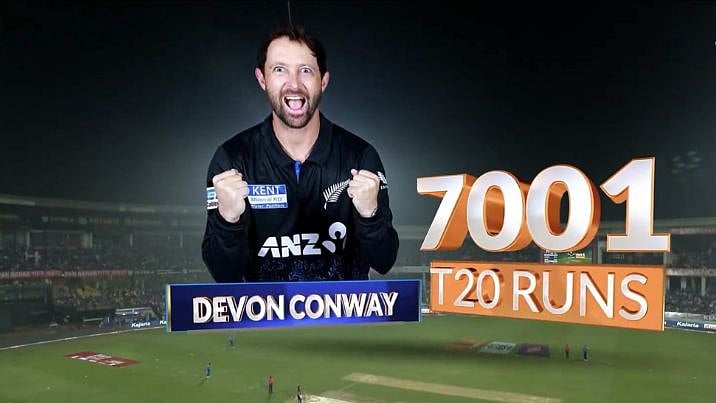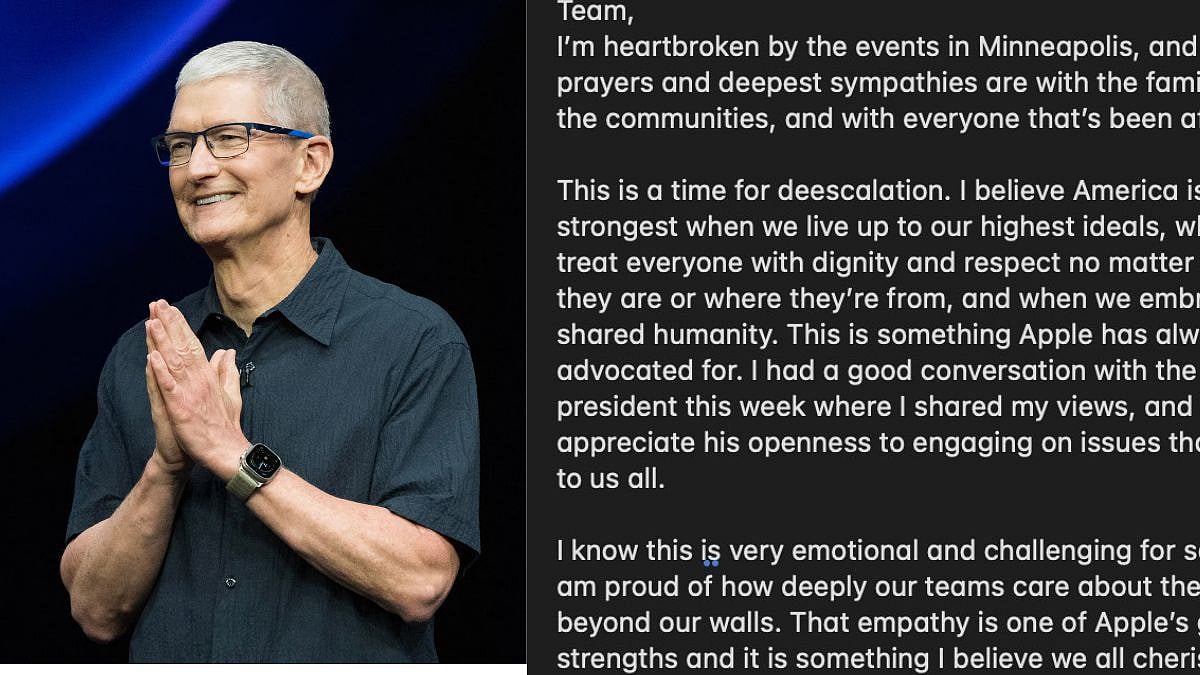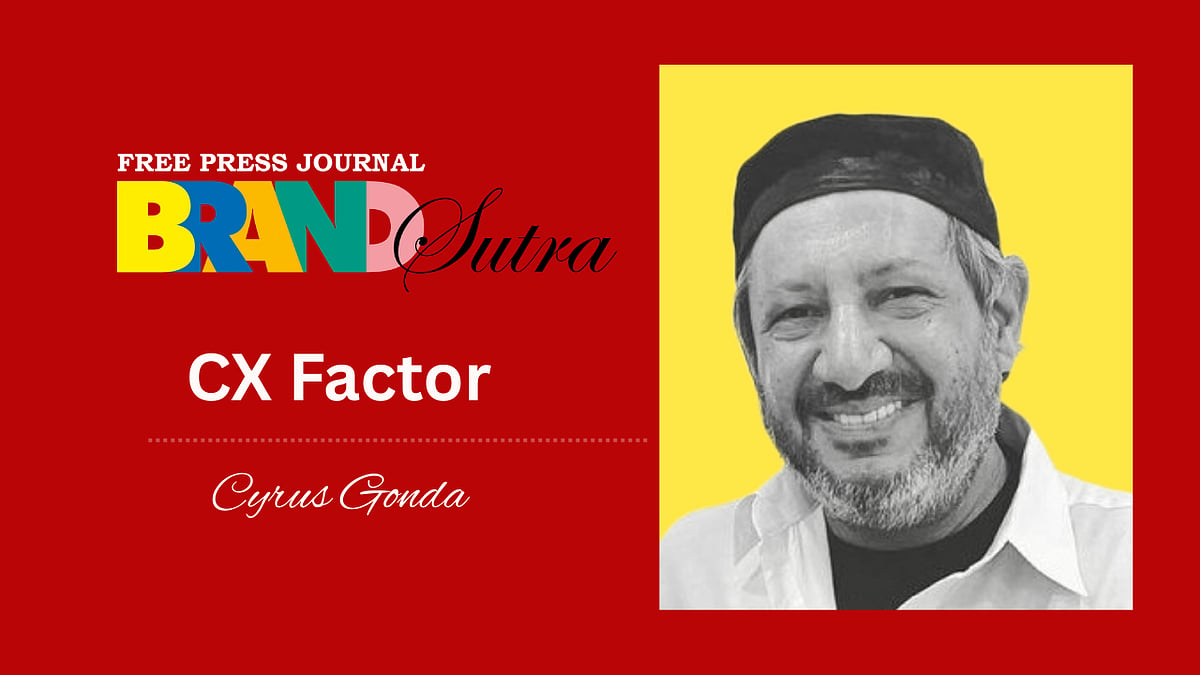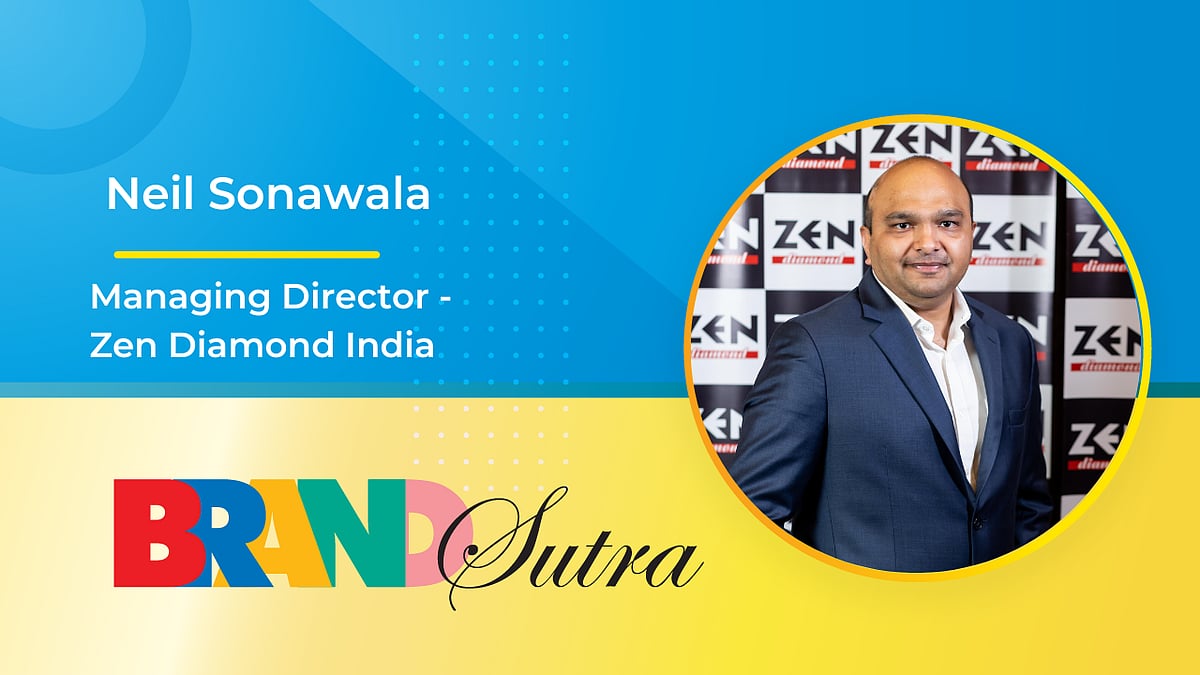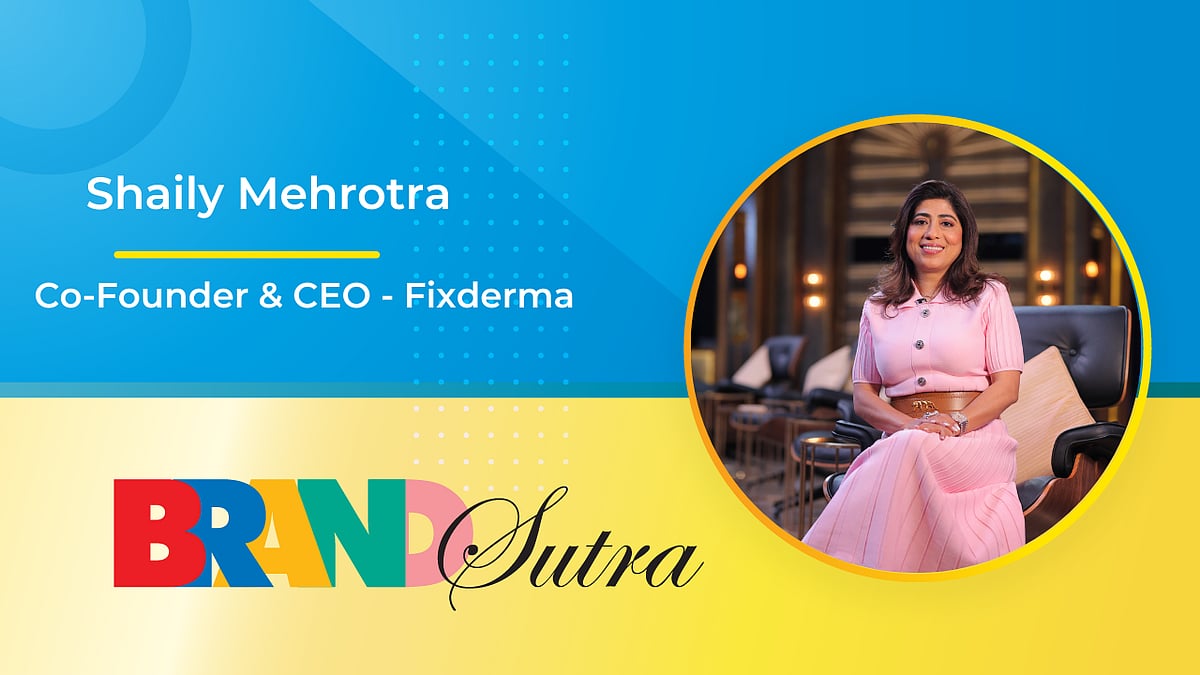It’s been five years now since you joined Havas. A number of acquisitions have happened under your watch. What was the headcount when you joined and what is it now? Which to your mind have been the game changing acquisitions?
When one came on board, the entire conversation, the ask, was very different. The idea was to stabilise operations. It was one of the large networks globally, very strong in Europe and North America. But there was no clarity in terms of what Havas was doing in India.
They decided to start investing in the operations and building it in a structured way. What are the little need gaps that need to be filled? Can we get into certain acquisitions? Can we start expanding? I came on board. It took me a few months to understand how it was working. Fortunately, I was exposed to how a large network works and how conversations around expansion or acquisitions or integration work. A lot of the learnings were in place.
We had less than 200-odd people in three agencies. I came into the system in late 2018. By January 2019 is when I started putting the perspective in place. We had a few acquisitions in the pipeline. One didn't work out and we amicably parted ways (with Langoor Digital). One which I saw through was that of Shobiz. I'm extremely proud of that as my first big acquisition, though the conversation had started before I joined. Around the middle of 2019 we acquired Think Design, which is now a fully owned Havas agency. And the good news is that the co-founders stayed on and one of them, Deepali (Saini), is the CEO of the agency.
We started fixing a bit of media, we started fixing creative. After that, when Covid happened in early 2020, I took on that conversation in a different way. I saw it as a business opportunity because if you are sitting at home and managing whatever you have, you could either sink or stay afloat – or you could use the time to experiment. We were at a base that didn't seem too strong and we realised that there was a potential of introducing new expertise.
By the end of 2020 I started speaking about acquisitions in a stronger way because I realised that it was how one could grow once you come out of Covid. 2020 was about keeping the foundation strong and looking at what we can do as a business. We were all formatting our plans.
When we came out of Covid, we were stable. The exponential growth actually started happening from 2021. New verticals got launched. Havas Media had a lot of new conversations; so did Havas creative. We started putting our team back in place with the right kind of people.
Our headcount now is over 2,000. We have three clear verticals, and specialist offerings within each. It is very similar to how we are structured globally. I said that I will just make it flat – if New York or Paris or Shanghai was behaving in a certain way, I will align India into that map. If you're going to launch Havas Play, I want Havas Play. If you are going to have something in events and experiential marketing, I will have one. If you want to build a centre of excellence, I'm going to build it from India – not because I'm low cost but because I've got talent and I can do it.
So today a Havas Market has 150 to 200 people. It reports into Spain and has got a cross reporting structure into MoJo (Mohit Joshi, Havas Media). But it's run by an Indian who works for global markets and is based in India. Internally, people in Havas don’t see it as Havas India or Havas Asia and so on. There is an extension of the global remit. Today, we (India) are in the top 10 markets for Havas globally in terms of value. Five years back we were nowhere near.
There are a lot of expansion plans we were discussing and we continue to do so. But we are now shifting gears. It's not going to be only about acquisitions and expansion, it’s going to be about how we can make the product better. What are the interesting solutions that we can bring on board? Is there something new that we can create?
You get the feeling that there's a lot more happening in the network in India today than just one creative campaign or one media thing. We get excited about what PR Pundit is bringing to the table or what Shobiz does with a big launch. Those conversations happen because it's more integrated at the top.

There are two things I'm definitely focusing on. One is how we can integrate more and work more closely. Because it's a humongous opportunity for us. Unlike other networks, this is not a creative network and a media network – it's a collective ecosystem of expertise. Somebody's bringing CX to the table, someone brings design, someone is bringing performance, someone is bringing culture and sports. We are trying to figure out how we can extract more out of each other. When people ask me about the pitches that are happening, I wonder, how do I single out a pitch? It’s not just creative and media. All agencies are pitching for some account or the other all the time. For me, the bigger ask is: Are you pitching together? How many agencies are going together? Is it only one? Is it one plus one, two or three?
And of course, now that we have the product in place, most of our agencies have started looking at awards in a serious way.
It’s been the most satisfying journey of my career because what we have built is not going to collapse. What we have built is going to stay. What we have built is only going to grow multifold. I think we have a very solid foundation here.
The reason why they entrusted me with this wider responsibility (of SouthEast Asia and North Asia) is not that they want me to take my eyes off India. I will continue to be based out of India and that was my personal choice. I will expand and grow Asia, which is now the new thrust engine. If one could build India out of nothing, we can probably build Asia out of whatever exists out there and build a kind of momentum.
In India, would you say that the media agency business has been the fastest growing within the network?
The media network is the faster growing, but the creative network of seven or eight agencies has equally become very powerful. The creative network which was much smaller is now probably contributing over 45 or 46 pc and media is around 54 or 55 pc. Earlier it was very different.
Both Pivot Roots and Havas Media, run by Mohit’s teams, are big. But that doesn't mean that Shobiz has not seen exponential growth. It had eroded completely during Covid and is now the fastest growing for me. Havas Worldwide, the creative agency, has become decently big. If I add Havas Creative and Havas CX and Conran Design and Havas People, it's become a sizeable number.
Are there any gaps that you feel still exist?
I'm definitely trying to fill up a high end, transformative consulting kind of a gap. We have Gate One in the UK. They work across brand transformations globally (and became part of Havas in end-2019). I've always been attracted to high end consulting conversations and projects because it allows you to work closely with the CXOs and you have a huge impact. I also feel that if you have something like this, it directly correlates to some of the key offerings like design.
We have a new global CEO at Havas CX who joined us in January –.David Shulman. David is building CX into one of those most aggressive growth engines for us. So you would see a lot of conversations out there. CX involves data and tech and what we build out of India may just not be only for India
The third one which I'm quite keen on is the digital agency – the classical social and digital agency is something I see as a gap. It's not like we don't have digital natives walking on the creative floor. It’s just that sometimes when you go for larger RFPs or conversations, there’s a question about the digital agency, how many people are in it, and what clients and brands we have worked on. Most networks have a strength out there. Many of them have bought companies in the space and some even recently.

It's surprising that the digital piece hasn't fallen into place yet for Havas, despite several other acquisitions…
I've been at it every year. I have taken one all the way, and then, for some reason or the other, the conversations haven’t worked out. Yes, it should have happened much before. But things will hopefully work out with the one I'm talking to currently.
Nine more markets have been assigned to you in the expanded role. What is the exposure to the newer markets that you have and how much of a challenge do you see that as? Is it rather the growth driver Rana Barua who's been put in the saddle?
The second part is the broad driver – definitely, growth is an expectation.
The group has been quite appreciative of and enthused about us bringing in a stable environment, having created many ecosystems and expertise, building a five and a half-year conversation with steady growth. We’ve done it in a very transparent way. It's been absolutely straightforward. If you had an issue, you've called out an issue. If you had a problem, you've addressed the problem.
We have built a very strong and balanced leadership. The share of women overall was 19 pc in 2019 and today we are around 41 pc women. That ratio remains in the leadership as well. In the Executive Committee the representation of women is 54 pc.
If you're a leader, you should be able to drive whichever place you're thrown into because you're governed by the same principles. It's about leadership. It's about growth.
Officially, my transition started in October. The way things have started moving, it's as if I was working with the teams forever. It's been a very natural fit for me. I knew a lot of them across markets from before, so it's been very easy to start working with them officially now.

Are there gaps within the India system in terms of leadership that you would like to fill?
I don't see any gaps. I think we have to be more hands on in some spaces.
Also, because we've got a Managing Committee which works very closely, while people can play their own role they can also take on a wider perspective. We had Jaibeer (Ahmad) who was working with a certain profile in the system. He suddenly walks in and becomes Chief Transformation and Growth Officer.
I encourage mobility a lot. If somebody is working in some space within the group and not liking it, she raises her hand and we figure out if there is a role or profile for that person. We've had so many successful cases where a very senior person from creative has moved into media, someone from CX has walked into Havas People and so on.
Five years back I would have said I have to go out and hire people. Now we first see if there is anybody within the group.
At the start of the conversation you mentioned that now it's about getting out better work and touched upon awards. What are the ambitions in terms of awards? Is there a goal post?
We started putting in place a few things that we could have done a bit earlier. We have a Strategy Council across the group led by Sanchita (Roy) who is the Chief Strategy Officer of Havas Media. Roy and Anirban (Mozumdar), CSO of Havas Creative India, are working with all the group companies over the last few months.
We also have a Havas Creative Council led by CCOs Anupama (Ramaswamy) of Havas Worldwide and Sachin (Talwalkar) of Havas Life Sorento. In the last 90 days they have started measuring the quality of work. The Creative Council is also overseen by a gentleman called Joji (Jacob) from BLKJ Havas Singapore. Joji now works very closely with me across the region. He is also Regional Creative Chair, a position held by Bobby (Pawar) earlier.
We have work getting ready for the larger awards. Do we have ambitions to win more? Yes, we do. We are figuring out which are the ones to go after.
We are looking at what kind of case studies are getting built at Effies. There are internal benchmarks. In fact, next week we are doing a three-day Asia Pacific strategy and creative workshop in Hong Kong. Stéphane (Xiberras, CCO, BETC France and Head of Havas Global Creative Council) is coming. So a lot of action is happening.

Havas in India earned a ‘Great place to work’ recognition a few years ago. Is there anything that tells you that you've become a more attractive employer?
I think so. When you were growing up in this industry, you would always look at those places that were either doing good work or had a number of people you would like to work with. Or you would hear stories about it being a fun place to work, chilled out. It depends on what level you are at. But there are places where people get psyched about leaning in and so on. We don't have those hard wired rules.
It's very much entrepreneurial in nature. If you look at my journey, it's been five years of being an entrepreneur and not being a classical CEO who was given a paper that said ‘do this, do that’. I was just taking chances and risks. Some worked very well. Some didn't. Some are okay. That's how an entrepreneur's journey should be.
People come here, they love what they do. Some realise they can also shift their job within the group. They actually become your biggest advocates.
How much does this concept of a Havas Village help? How functional is it?
I think the Village is probably the biggest driver in at least getting my senior leadership in. Everybody who has come on board has come in because of the Village in the last few years. I personally came in because of the Village. If you told me to run a creative-only agency, or a media-only agency, I would go mad. I will not know what to do after a year or two or three.
The Village is exciting because that's where all the fun starts. People are enjoying the concept and leadership in this context. In Delhi and in Bengaluru, we are going to genuinely have all agencies now sitting together. We are now going into the Village concept totally, like what's happening in Havas Paris or London or New York.
I'm now looking at Mumbai to see if that's possible. Because here we have about 300-odd people sitting on this floor but I've got 1,000 people sitting outside. So that's a challenge.
You have been working like an entrepreneur for five years, you said. Have you had a boss younger than you before this?
Not until now.

There is a counterpart sitting in the Middle East also looking after markets in North Europe, if I'm not mistaken. So is the leadership style more about identifying leaders irrespective of geography and giving them the baton and asking them to run/
I think so. First, I think it's about trust. The second thing is empowerment. So if I trust you, I will empower you. Of course, the first one comes with that filter that you have to prove yourself to earn the trust. Once you do your job, you earn it.
That's the entrepreneurial way of working, which I love. I will sign on that cheque, I'll give you everything, once you have performed for 12 months. You will have to show them that you can do everything you said.
From your career perspective, do you wish this entrepreneurial opportunity had come in a little earlier?
I've always been an entrepreneur (at heart). In fact I tried joining an entrepreneur-driven organisation and to be honest it backfired completely.
When I quit radio, I actually thought I will become an entrepreneur. When I quit Red FM I remember I took a gap. I thought I'll start something very similar to what I'm doing now, which is to have a collective system of conversations or expertise. At that time the world called it ‘below the line’. I wondered why the world was not understanding that there is a huge ocean that clients depend on, beyond just creative.
I had called it 270 and registered the name. 270 was 360 degrees minus the 90 that was ATL advertising. I quietly shut it down because I realised nobody understood the concept of 270. It was so difficult for people to understand that there is a world of PR, experiential marketing, so many other things.
So in a sense I was reliving my past here and putting it into real action, in an agency that supported the whole vision.



